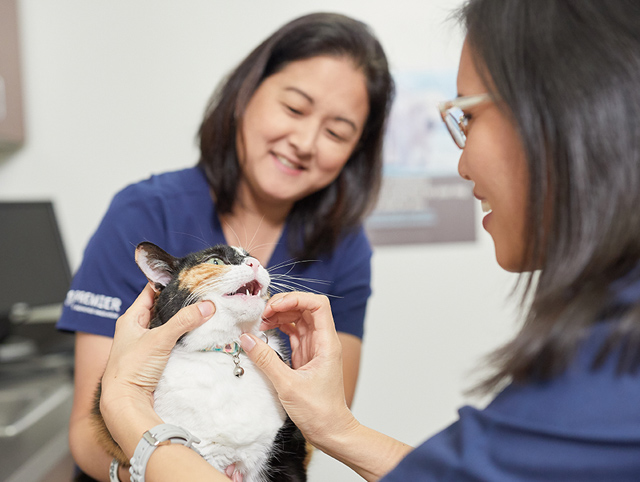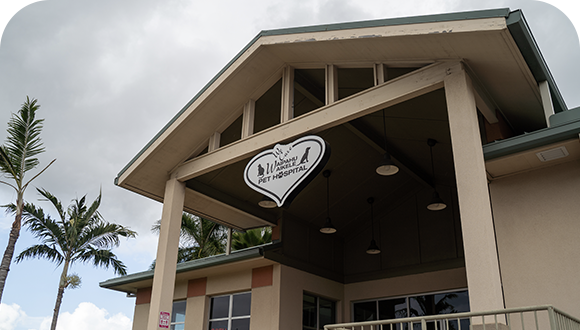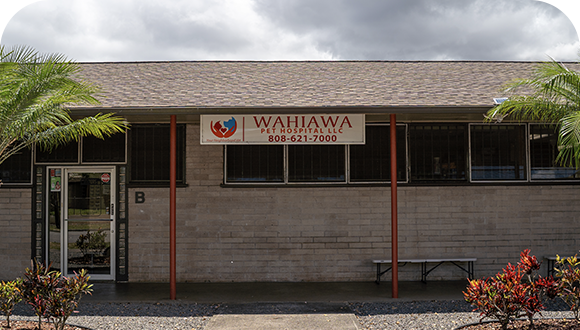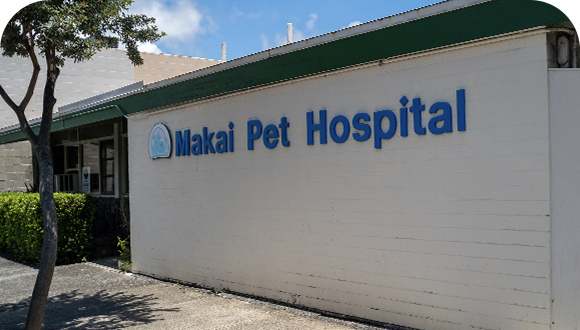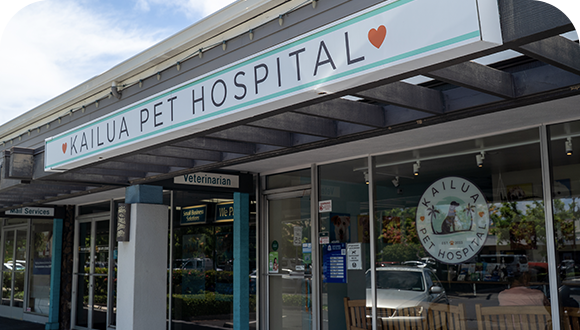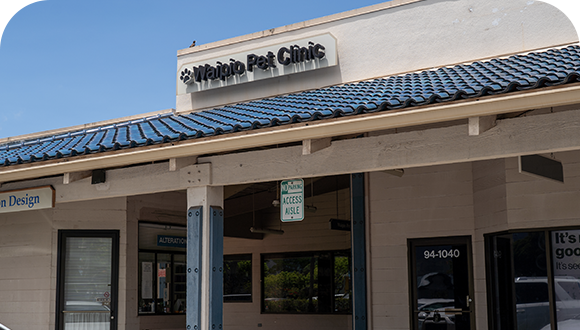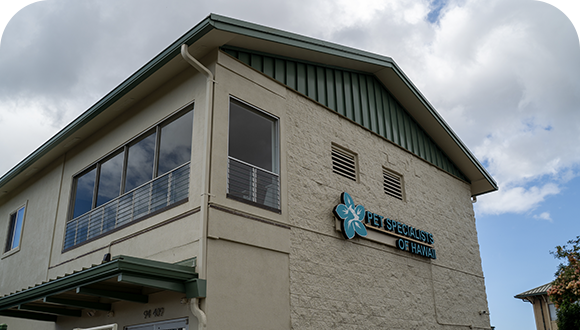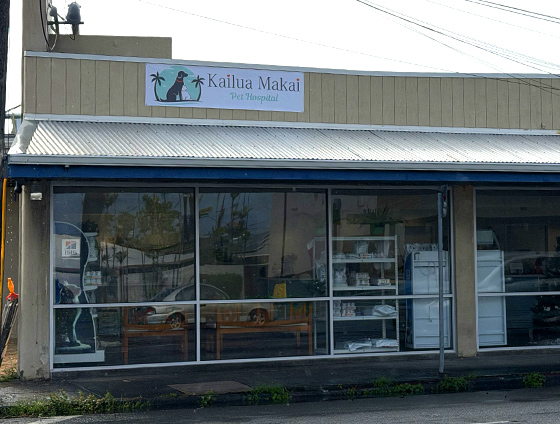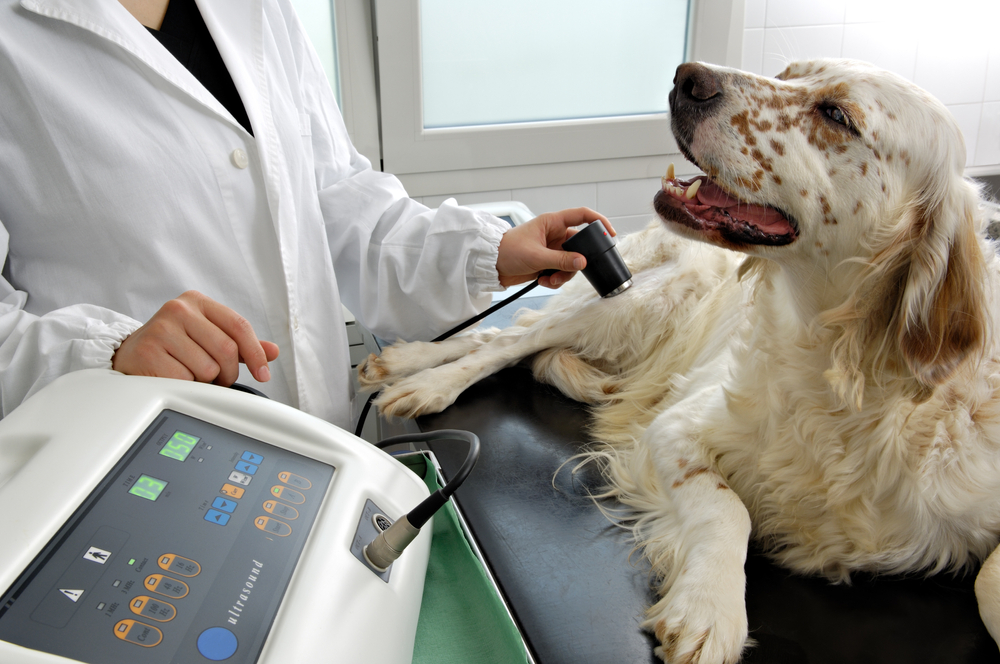
You may be familiar with ultrasounds if you are a pet parent. Veterinarians can view your pet's body using this noninvasive imaging method. This diagnostic tool can help veterinarians identify and diagnose various health conditions. Yet, many pet owners are unsure of what to expect or how to interpret the results of their pet's ultrasound.
What Is Pet Ultrasound?
Pet ultrasonography produces real-time images of your pet's insides. These include internal organs, blood arteries, and other structures using high-frequency sound waves. A transducer placed against your animal companion's skin transmits the sound waves.
These sound waves bounce off your pet's tissues and organs. A computer analyzes these echoes, creating a detailed image of your pet's insides. Pet ultrasonography is a painless, noninvasive method. Since it does not call for sedation or anesthetic, it is a safe and effective diagnostic tool for pets of all ages.
Preparing for Pet Ultrasound
You might have to stop feeding your pet for a few hours before the ultrasound. This is because a full stomach can interfere with the ultrasound results. A thorough medical history of your pet, including any prior illnesses or procedures, may also be necessary.
During the Ultrasound
Your pet will lie on a table during the procedure as the vet applies a special gel to their skin. This gel helps transmit the sound waves and improves the quality of the images. The vet will then move the transducer over your pet's skin, and the images will appear on a screen in real-time.
What to Expect From the Results
After the ultrasound, the veterinarian will examine the images and interpret the results. They may identify abnormalities with your pet's internal organs, blood vessels, or other structures. The vet will discuss the results with you. They will recommend necessary treatments or further diagnostic tests.
If your pet's ultrasound results are normal, its internal organs and structures appear healthy and functioning properly. But if anomalies are present, this may point to a medical condition that needs further investigation.
Next Steps After Receiving the Results
The veterinarian may recommend further diagnostic tests or treatments if your pet's ultrasound results are abnormal. Depending on the severity and type of the problem, this can include blood tests, biopsies, or surgery. For your pet's unique requirements, your veterinarian will create a tailored treatment plan.
Not every abnormality found during an ultrasound is severe or life-threatening. Some may be minor issues easily treatable with medication or minor surgery. Sometimes, the doctor may recommend routine ultrasounds to monitor your pet's health and any changes over time. This can be particularly useful in cases of cancer. Regular ultrasounds can help detect new tumors or changes in existing ones.
Conclusion
Veterinarians can diagnose various medical issues using the safe and reliable diagnostic technology known as pet ultrasonography. You can protect your pet's health by knowing what to expect during an ultrasound and how to interpret the data. Always seek advice and direction from your veterinarian in case of any concerns about your pet's health.
For more information on pet ultrasound, visit Pet Hospitals of Hawaii at our offices in Waipahu, Wahiawa, and Kailua, Hawaii. Call (808) 671-7387 (PETS) and (808) 262-9621 to book an appointment today.


